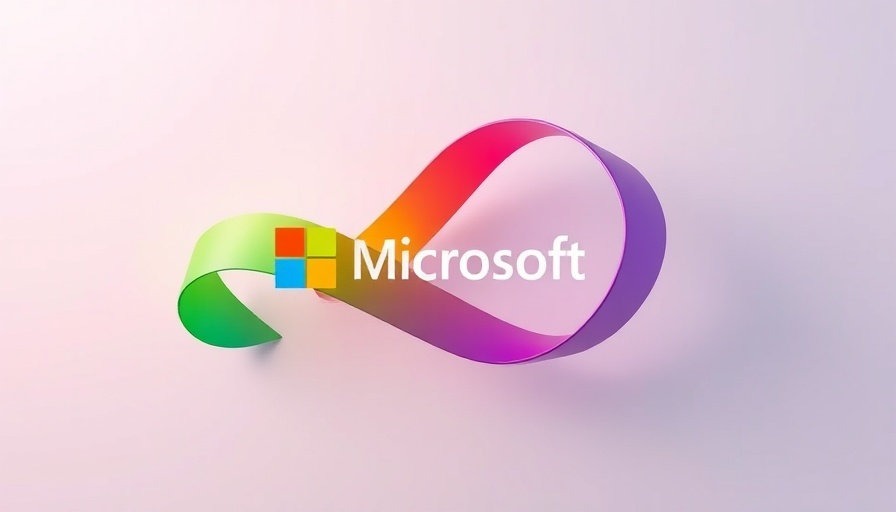
The Rise of Deep Reasoning AI: A New Era for Microsoft Copilot
With the ever-growing demand for more powerful and insightful data analysis tools, Microsoft has taken a significant step forward by introducing deep reasoning AI to its Copilot tool. This innovative feature is designed to enhance research and data analysis capabilities, empowering users to draw deeper insights and make informed decisions based on complex data sets.
What is Deep Reasoning AI?
Deep reasoning AI refers to advanced algorithms that can analyze data not only for trends but also for underlying patterns and correlations that may not be immediately apparent. By adding this capability to its Copilot tool, Microsoft aims to streamline how professionals interact with vast amounts of information, enabling easier identification of actionable insights. This aligns with the increasing expectations of workers in industries from finance to healthcare, all seeking to utilize AI for deeper analytical capabilities.
Enhanced Features of Copilot AI
Copilot's integration of deep reasoning AI brings several new features to the table. For instance, it can automatically generate data summaries, detect anomalies, and propose hypotheses based on user queries. This not only saves time but also enhances creativity in research, allowing users to explore potential avenues that they might not consider otherwise. Training AI to engage in reasoning tasks takes significant computational power, but Microsoft has invested heavily in optimizing its cloud services to support these advanced functions.
Impact on Various Industries: Transforming Data Usage
The impact of Microsoft’s development is vast, touching various sectors like finance, healthcare, and education. In finance, analysts can gain insights from historical data patterns, facilitating better investment strategies. Healthcare professionals can analyze patient histories to improve diagnosis and treatment plans. Furthermore, academic researchers can leverage deep reasoning to synthesize literature reviews and identify gaps in existing research.
Competing Technologies: How Does Microsoft Stand Out?
As other tech giants like Google and IBM are also developing AI tools that focus on data analysis, Microsoft’s emphasis on integrating a robust deep reasoning capability sets it apart. Many of the current tools in the market primarily focus on predictive analytics, whereas Microsoft's Copilot tries to uncover new insights through reasoning, which can change how industries operate fundamentally.
What This Means for the Future of AI in the Workplace
Microsoft’s Copilot being enhanced with deep reasoning AI has implications for the future of work. One significant trend is the shift from traditional data analysis roles to more multifaceted positions that require a blend of technical skills and creative thinking. As AI continues to take over routine data analysis tasks, human workers will increasingly focus on interpreting results and guiding AI pathways based on strategic insights.
Conclusion: The Importance of Embracing AI
The integration of deep reasoning AI into Microsoft's Copilot tool not only empowers industries to enhance their analytical capabilities but also signifies a broader trend of AI-driven innovation. Companies that adapt to these new technologies will likely find themselves at an advantage in an increasingly competitive landscape. Understanding and leveraging AI will be crucial for business leaders, educators, and healthcare professionals looking to foster growth and efficiency.
Embrace the era of deep reasoning AI and see how tools like Microsoft Copilot can transform your data analysis and decision-making processes!
 Add Row
Add Row  Add
Add 




 Add Row
Add Row  Add
Add 

Write A Comment